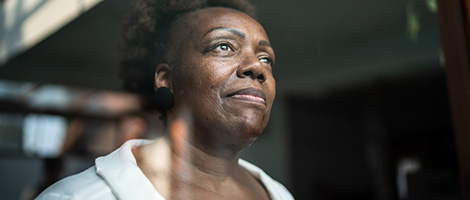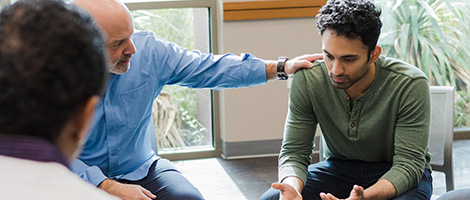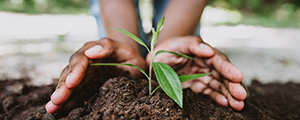If you think you have a medical or psychiatric emergency, call 911 or go to the nearest hospital. Call or text 988 (TTY 711) or visit the Suicide & Crisis Lifeline for 24-hour, toll-free, confidential support for you or your loved ones.

If you think you have a medical or psychiatric emergency, call 911 or go to the nearest hospital. Call or text 988 (TTY 711) or visit the Suicide & Crisis Lifeline for 24-hour, toll-free, confidential support for you or your loved ones.
If you think you have a medical or psychiatric emergency, call 911 or go to the nearest hospital. Call or text 988 (TTY 711) or visit the Suicide & Crisis Lifeline for 24-hour, toll-free, confidential support for you or your loved ones.
Learn about types of substance use disorders and options for treatment.

Substance use disorder types include alcohol, illicit drugs, marijuana, nicotine and prescription drugs.

Substance use disorders are treatable conditions and effective interventions typically include psychotherapy (talk therapy), medication, support groups or a combination of these approaches.

See how she recognized patterns of drinking, sought treatment, and found hope for the future.
See how she recognized patterns of drinking, sought treatment, and found hope for the future.
Learn practical guidance and compassionate strategies for encouraging recovery.

Find local, state, and national resources for mental health.

More details from the National Institute of Mental Health (NIMH).